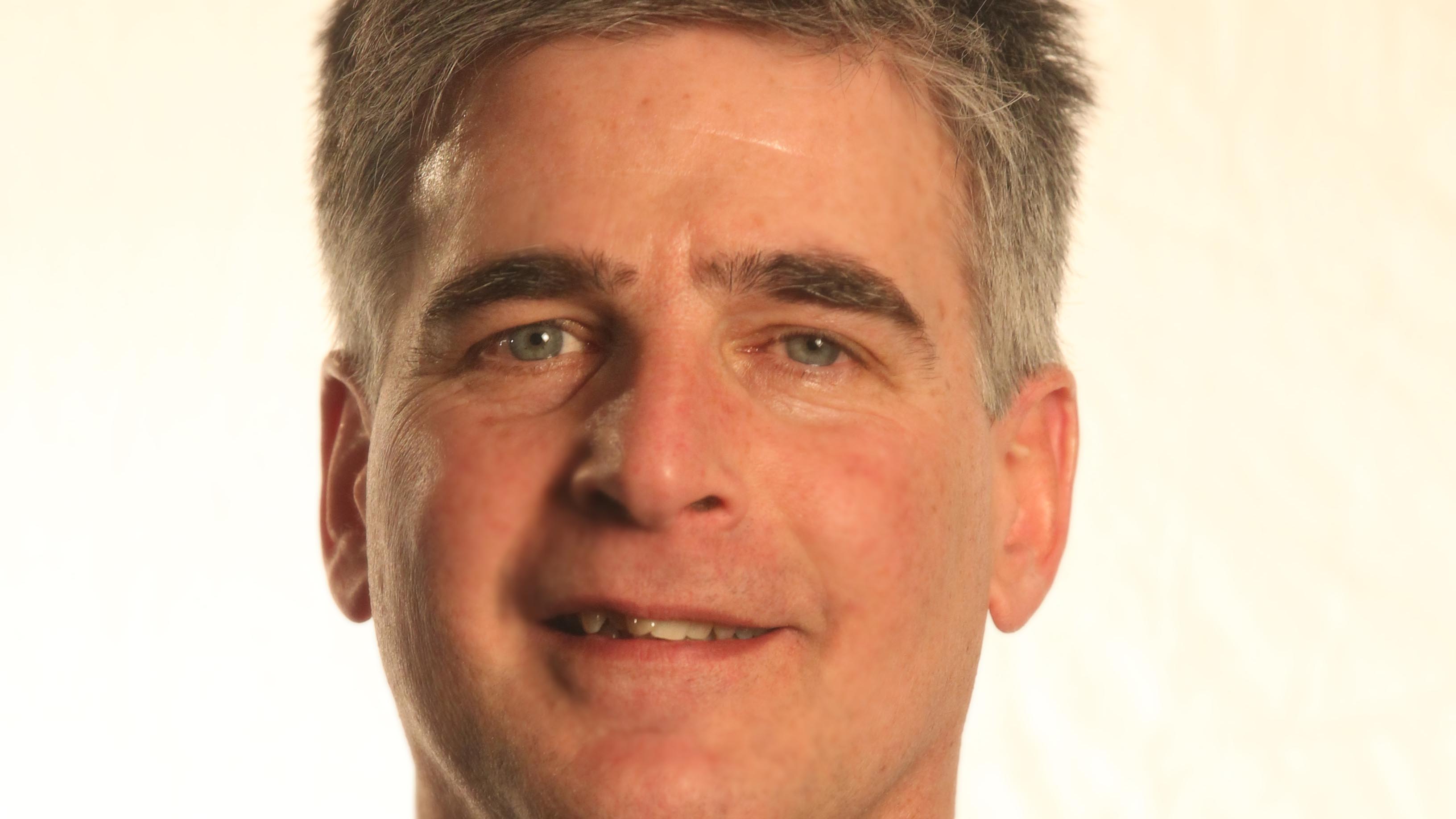Dr. Robert Whyte is awarded a $360,000 grant for stream and wetlands mitigation that is part of a PennDOT project.

Dr. Robert Whyte
Nearly $360,000 has been awarded to Dr. Robert Whyte, professor in Cal U’s Department of Biology, Geology and Environmental Sciences, for a stream and wetland mitigation project at Boyer Run, Westmoreland County.
PennDOT has requested that the University provide stream and wetland mitigation for its SR 0981, Section Q20 (Laurel Valley) Improvement Project.
The work includes widening and realigning sections for approximately 4.5 miles, from a location just north of Mount Pleasant, Pa., to the village of Norvelt in Mount Pleasant Township.
The project is a cooperative effort between the University, the Foundation for California University, the U.S. Fish and Wildlife Service and other state and federal agencies.
The services are provided by the Partners for Fish and Wildlife’s Farmland Habitat Program, a conservation collaborative based at Cal U.
The stream and wetland mitigation site is located along Boyer Run, which is the largest stream within the project area. The project will create about 2.9 acres of wetlands and 1,400 feet of stream mitigation.
Stream mitigation will occur in the form of relocations; stream day-lighting, which removes obstructions that may be covering a stream; bank grading and other techniques
Whyte is the principal investigator and oversees the University staff and three contractors.
He said University staff and contractors have reviewed the site and confirmed that the site is suitable for wetland and stream restoration. Monitoring is expected to last between five and 10 years.
“Monitoring will involve both terrestrial wetlands and the streams, and multiple disciplines will be involved in the work,” Whyte said. “This is a significant opportunity for research and student training.”
In addition to the Boyer Run project, Whyte is involved with other Pennsylvania gamelands projects. This includes a research component, which looks at the ecological integrity/quality of these mitigated sites and to what extent Cal U can enhance these wetland sites.
“Can mitigated sites function at the level of natural high-quality wetlands, or is there a limit to the integrity that can be established in these mitigated wetlands,” Whyte asks. “To aid in this work, we look at plant species present to include species richness, percent of taxa (species) that are native versus non-native, disturbance in the watershed, and hydrology, among other things.”
Data collected by students from Boyer Run will be added to the data from other mitigation sites to better evaluate the benefits and impacts of these wetlands to the region.
“Boyer Run, in addition to our other projects, provides a significant opportunity for our students to be involved in professional activities that will move their careers forward upon graduation,” Whyte said.
